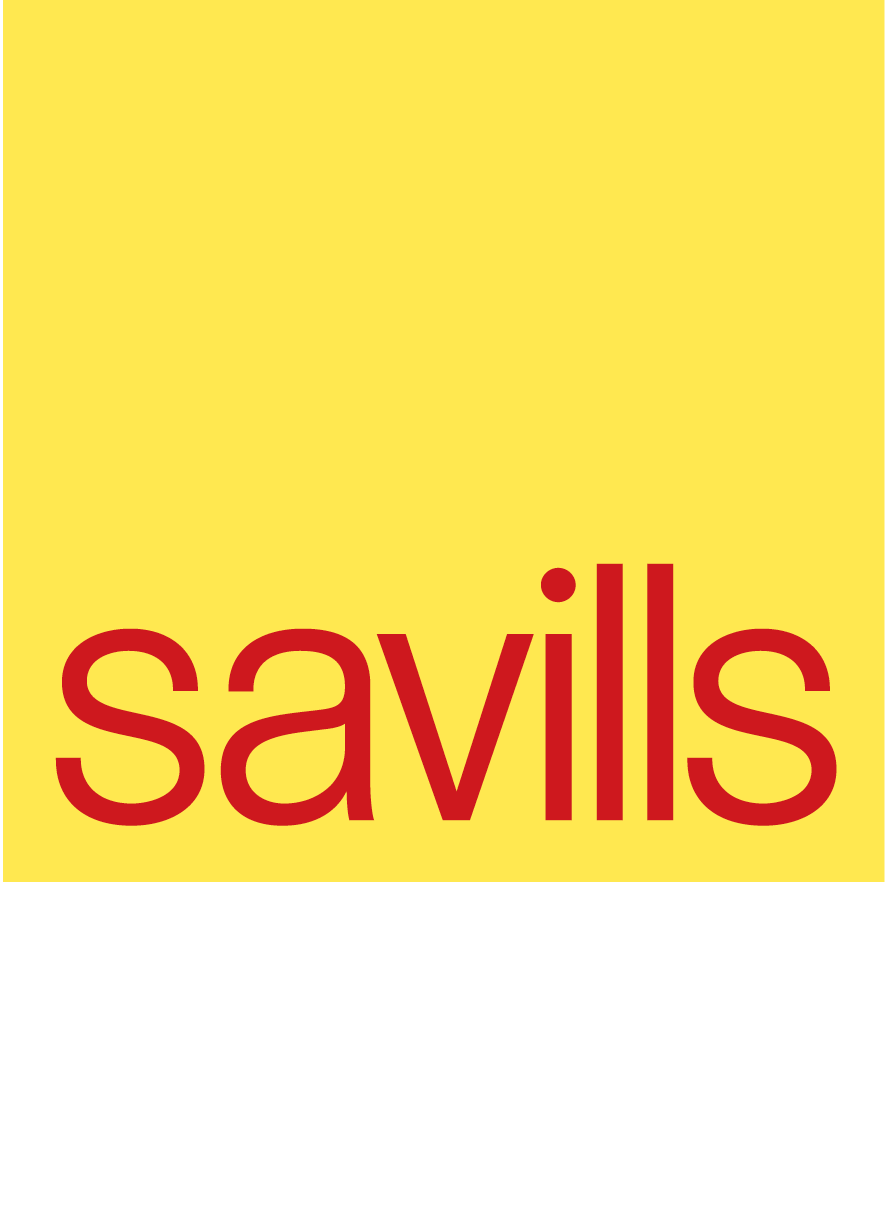Unlocking cash for your business through a sale and leaseback: An alternative financing solution for SMEs for business survival
As South Africa is preparing for a longer economic lockdown period than initially anticipated, many companies are trying to optimise their cash position. Businesses are forecasting how much cash will be left after the Covid-19 global health crisis or how much will be needed to survive the next few months. Cash is king, more than ever before.
If you've heard the term 'sale and leaseback', you may be wondering exactly what it means, when it should be a business consideration and what the main benefits of this transaction are.
What is a sale and leaseback transaction?
A sale and leaseback transaction happens when an owner-occupier of a commercial property sells that property and continues to occupy it as a tenant. S/he leases it back for any length of time that suits both parties, with rental reviews at agreed dates to keep rent in line with market conditions.
When would a sale and leaseback transaction make sense?
A sale and leaseback transaction may be undertaken when a company wants to free up cash on its balance sheet. It can be an effective solution to keeping a business alive, as it helps to recalibrate a business's cash position and improve cash balance.
What are some of the other benefits of a sale and leaseback transaction?
One of the major benefits for an investor is that you'll immediately have a tenant providing a rental return on your new property investment. A cash-flow yielding investment from day one is the ultimate 'solid' start-up for property investors. This is compared to a landlord with vacant premises requiring time to lease their property, and potentially offering lease incentives - be it a rent-free period or cash contribution to the lessee's fit-out costs.
From the Seller / Tenant's perspective, injecting liquid working capital into a business can be achieved through the equity it has in a property that it both owns and occupies. With this sort of cash injection, a business owner could have the time needed to rebuild, re-establish and reinvent the business if necessary.
Sale and leaseback as a component of business financial management
A leaseback enables sellers to free up liquid capital in order to accelerate business growth, and it gives buyers the benefit of a stable, long-term corporate lease with attractive returns. Additionally, the value of a property is often at its highest when there's a reliable long-term tenant in place (as opposed to when a building is sold vacant). As such, using your own lease with predetermined terms helps ensure maximum sale value with lease terms that are acceptable to the seller.
Aside from the various tax benefits associated with renting as opposed to owning a property, the sale of the property can also improve debt-equity and return-on-asset ratios. This will stand a business in good stead with banks when requiring financing for future business growth.
Interesting to note are the potential BEE benefits for a business: by selling your property to a BEE-compliant company and then leasing it back, you could increase your BEE procurement spend and improve your scorecard.
The terms of the transaction
The terms of a leaseback transaction are always mutually agreed upon upfront. The owner (or company) will sell the property it operates from on condition that it can remain in the property on a medium to long-term basis.
Rental stability is guaranteed and the substantial cost and inconvenience of moving to new premises are avoided. This allows the business the freedom to recover, rebuild and reinvent itself during the challenging period without any additional downtime or disruption to its operations.
Is a sale and leaseback transaction right for your business?
Consider the following questions to establish whether a sale and leaseback could be right for your business:
- Have you worked out your current loan-to-value ratio i.e. how much cash is tied up in the property your business operates from?
- What effect would this cash have on the longevity of the business, if you could obtain interest-free access to it right now?
- How much debt would a leaseback transaction cancel out? How substantially would it improve your balance sheet and more importantly, your cash flow?
- Have you considered your business's performance in relation to the economic environment? Are you at risk of going into business rescue or liquidation? It's generally easier to sell a fixed asset like property than a business.
- Have you calculated the capital gains tax and whether this would still make your transaction viable?
- Would you enjoy the freedom of being 'just' a tenant, and not having to worry about complicated property ownership issues that place strain on even seasoned landlords?
Remotely or post-lockdown, our team of professional valuers will value your property precisely, and our finance specialists will calculate the equity available after the outstanding bond settlement and CGT payment. Once we have agreed on value and rental, we can begin leveraging our extensive property database to find the right client to recognise the value of the transaction.
Whether you're looking for security, peace of mind or a financial injection for your business, Swindon Property will carefully advise you on the right decision for your commercial or industrial property.
Contact us:
T: +27 (21) 422 0778 | E: info@swindon.co.za
Content Contributor: Winston Sjouerman (Senior Broker, KZN)



